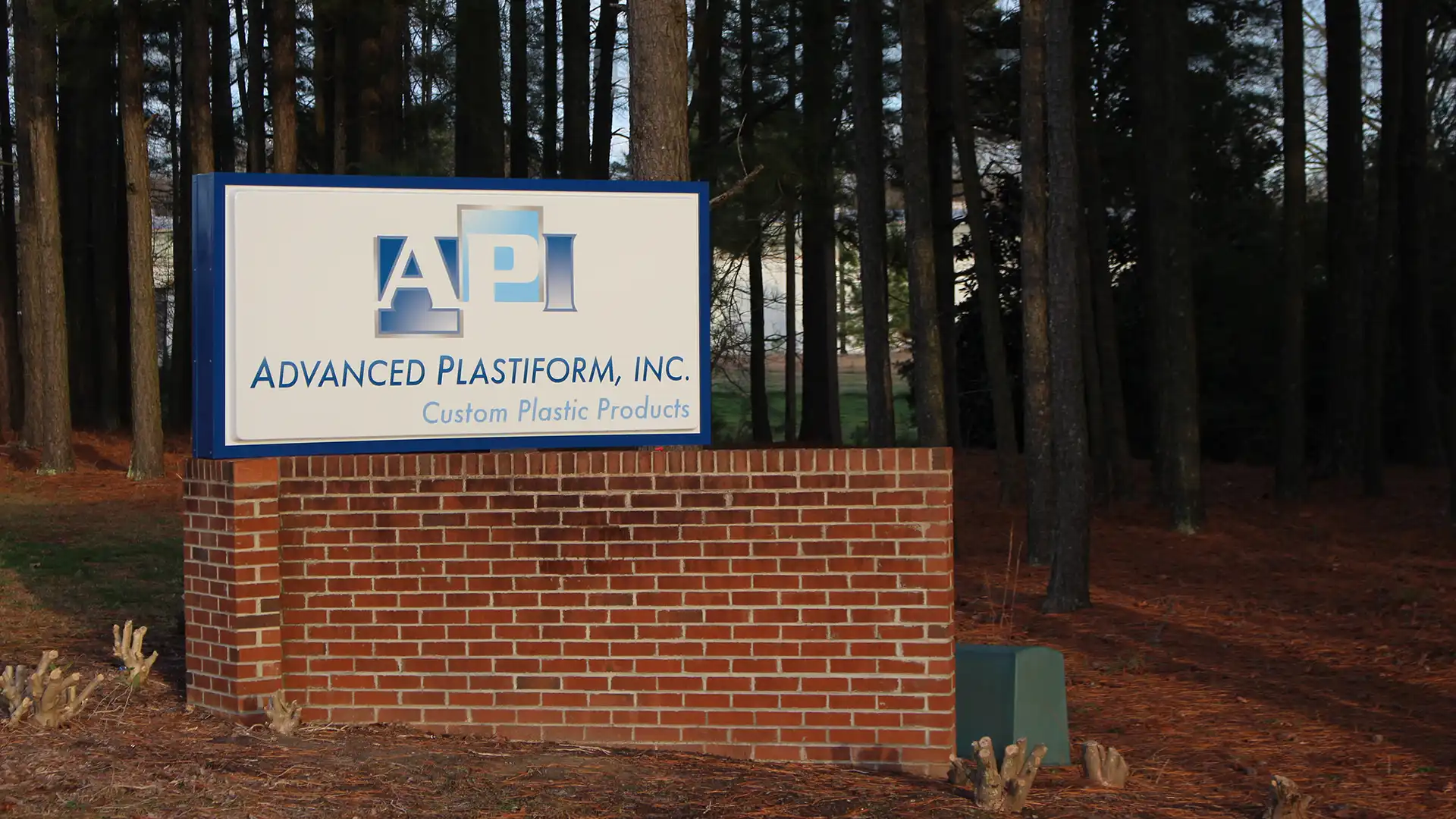One of the most troubling aspects of the COVID-19 pandemic is that it highlighted a…
Plastics are improving medical equipment and applications in limitless ways, from improving sterility and hygiene in medical settings to making screening and treatment more widely accessible and affordable. Polyvinyl chloride, better known as PVC, has been used in medical supplies, equipment, and applications for over 60 years and is now the most prevalent polymer used in healthcare settings. Our medical thermoforming company is exploring the properties that make PVC so appealing in medical manufacturing, as well as how it is used in so many ways.
What Is Polyvinyl Chloride
Polyvinyl chloride was first synthesized in the late 1800s by German chemist, Eugen Baumann. Produced by polymerizing the vinyl chloride monomer, polyvinyl chloride in its basic form is a highly rigid, hard material, most often used in construction to create pipes, doors, and window frames. However, PVC can be made into a soft, highly flexible material through the use of plasticizers such as phthalates, or blended with cotton and linen fibers to make canvas material.
Properties of PVC in Medical Applications
Because PVC can be used in either its rigid, hard form or transformed into a flexible material that maintains its strength and durability, it is widely used in medical applications. Specifically, it has several properties that make it ideal for healthcare settings, including:
Safety
PVC has been thoroughly tested for a wide variety of uses and functionality and has been found to be safe for healthcare and medical application. It also offers high biocompatibility, meaning there are no interactions when in contact with tissue, skin, or blood.
Flexibility
As we mentioned, adding plasticizers turns this hard, rigid material into a highly flexible plastic that can be used for IV bags, tubing, and other materials. Just as important, it holds its strength and durability under a variety of conditions so it's incredibly reliable for medical and healthcare use.
Clarity
While it's white and opaque in its rigid form, additives and plasticizers can transform the material to have incredible transparency and clarity. This allows healthcare workers to monitor IV bags and see how fluids are flowing through tubing with ease.
Chemical Stability
PVC doesn't break down when exposed to acidic or alkaline materials and maintains its structural integrity. This ensures pharmaceutical products, bodily fluids, and cleaning agents are safe to be stored in these materials without contamination or other concerns.
Ease of Sterilization
Sterilization and cleanliness is one of the highest priorities in healthcare settings, and PVC is easy to sterilize and clean to keep surfaces and areas safe. Not only is it used for equipment and supplies, PVC is used in wall coverings, mattresses, and more in hospital rooms because they can be kept clean and hygenic for patients.
Resilience
Resilience in plastic refers to the ability of a material to bend, flex, and move and return to its original form. It absorbs energy while it is bent or "deformed" elastically, and when it is returned to its form, the energy is released. PVC has high material resilience so it can be bent, twisted, and deformed without damage.
Water Resistance
PVC doesn't absorb water so it won't contaminate, mold, warp, or experience other damage in damp conditions.
Low Cost of Material and Fabrication
PVC is readily and abundantly available so it is affordable and its ease of fabrication makes it affordable to manufacture as well.
Uses for PVC in Medical Supplies and Settings
As we mentioned, PVC is one of the most widely used plastics in medical and healthcare. It's often used in the following supplies, tools, equipment, and more:
- IV and blood bags
- Catheters
- Mattresses and examining tables
- Floors and wall coverings
- Medical gloves
- Feeding devices
- Supply packaging
- Patient ID bracelets
- Thermal blankets
- Respiratory therapy and treatments
- Dialysis equipment
- Inflatable splints
Contact Our Medical Thermoforming Experts for a Free Quote
Our experienced engineers, designers, and manufacturers are dedicated to creating high-quality medical plastics that meet government regulations while still offering low per-unit prices and fast turnaround times. We work with companies across the Mid-Atlantic and Southeast, including North Carolina, South Carolina, Pennsylvania, Maryland, Tennessee, Georgia, and Virginia.

